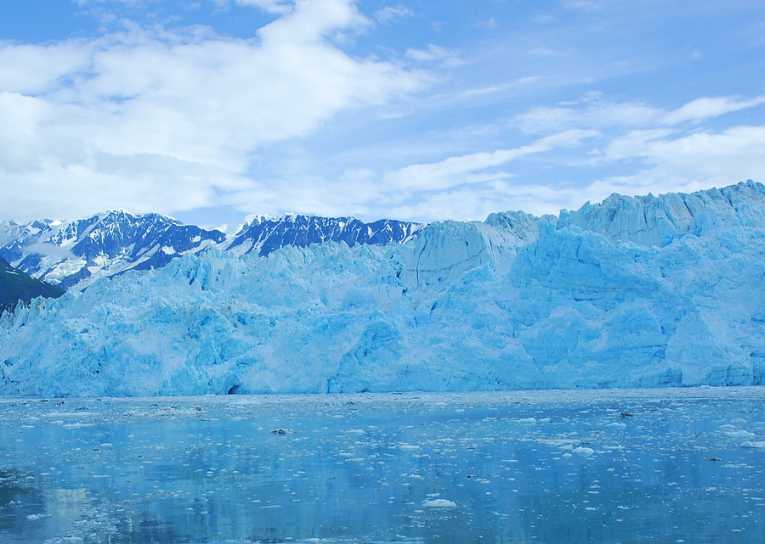Scientists are constantly measuring the effects of climate change, but a new initiative has gone to those most likely to suffer the consequences of global warming to record their experience of changing temperatures in order to prepare them for the future.
The United States Geological Survey (USGS) has interviewed indigenous Alaskans to see what changes they see and asses their fears for the future.
Scientists met with members of the Yup'ik people in two of their settlements: Pika's Point and St. Mary's in Alaska and found elders and hunters worried by chaotic weather, melting ice and a lack of firewood.
"Many climate change studies are conducted on a large scale, and there is a great deal of uncertainty regarding how climate change will impact specific regions," USGS social scientist Nicole Herman-Mercer said. "This study helps address that uncertainty and really understand climate change as a socioeconomic issue by talking directly to those with traditional and personal environmental knowledge."The Alaskan natives have generations of knowledge of the climate in which they live and scientists hope this personal, historical information will bring a new dimension to the mass of scientific data about climate change. Because the far north will be one of the first parts of the planet affected by global warming, Alaska is a perfect location to examine its impact on human populations.
Already, Alaskans are reporting much higher temperatures - up to 25-30 C below freezing from 40 degrees under in the winters - and shorter cold snaps. Ice is also seen to be changing along the Yukon River and the Andreafsky River, thinning out and causing problems for hunters who sled across the frozen water, several drownings were reported.
The weather is also getting more unpredictable according to native Alaskans who are finding it harder to plan their vital fishing, hunting and foraging as a result.
Plants and animals on which the Alaskans rely are also on the move. Salmonberry crops can no longer be relied on and some birds and animals which form an important part of the Alaskans income are vanishing.
As the amount of melt water reduces, the annual crop of river-borne logs is diminishing causing the natives to turn to fossil fuels and putting the livelihoods of already poor people under even more threat.
You can read about the research here.
Top Image Credit: Alaska © FOTOSYMPHONIE










